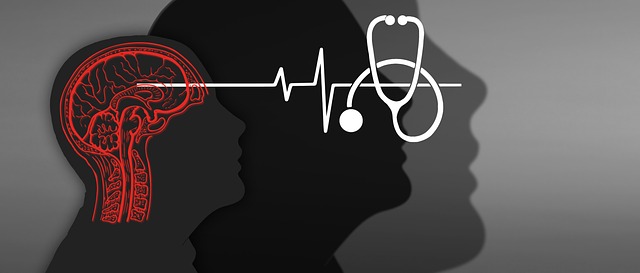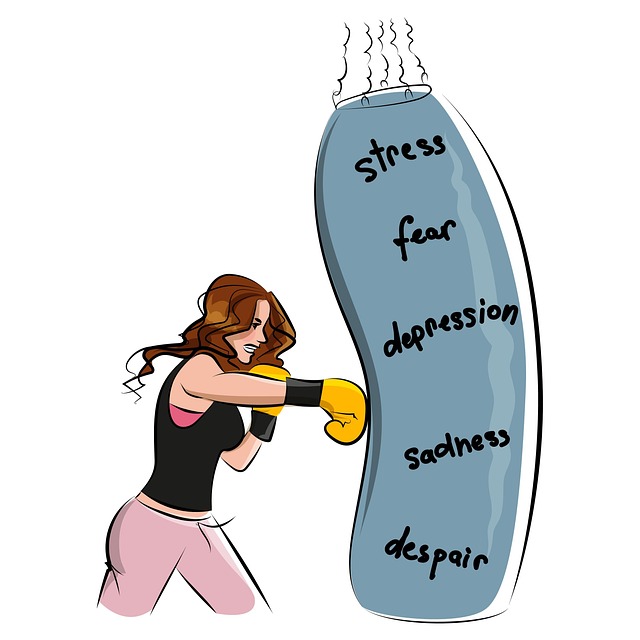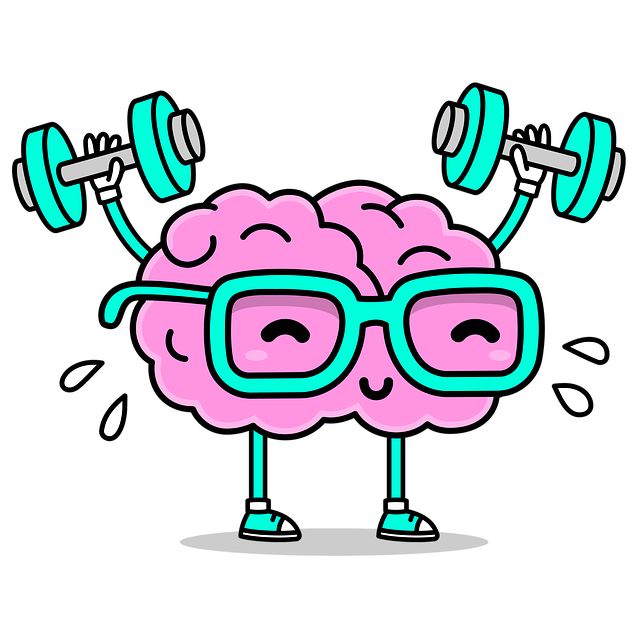Incorporating positive thinking exercises like gratitude journaling, self-talk, and cognitive reframing into Superior Children Therapy boosts its effectiveness. These techniques, combined with art therapy and empathy-building strategies, promote emotional well-being and optimistic mindsets in children, supporting mental wellness coaching programs. Regular progress tracking using structured assessments and questionnaires helps therapists adjust therapeutic approaches based on cultural sensitivity, ensuring personalized care for optimal therapy outcomes.
Positive thinking exercises are powerful tools that can significantly enhance therapy sessions for children, fostering a sense of optimism and resilience. This article delves into the transformative potential of positive thinking for young minds, offering practical strategies for therapists. We explore effective integration techniques during therapy, engaging activities to cultivate a positive mindset, and methods for tracking progress. By implementing these practices, therapists can facilitate superior children’s therapy outcomes, empowering young clients with valuable coping mechanisms for life.
- Understanding Positive Thinking and Its Impact on Children
- Integrating Positive Thinking Exercises into Therapy Sessions
- Engaging Activities to Cultivate a Positive Mindset
- Tracking Progress and Adjusting Strategies for Optimal Results
Understanding Positive Thinking and Its Impact on Children

Positive thinking is a powerful tool that can significantly shape a child’s mental and emotional well-being. When implemented early, it can foster superior children therapy outcomes, enhancing their ability to navigate life’s challenges with resilience. By encouraging a positive mindset, children learn to reframe negative thoughts, boosting self-esteem and overall happiness. This simple yet effective approach is a cornerstone in burnout prevention strategies for healthcare providers working with young patients, as it promotes healthy coping mechanisms and stress reduction methods.
The impact of positive thinking extends beyond immediate emotional relief; it empowers children to become more adaptable. This adaptability is crucial for building resilience, enabling them to bounce back from setbacks and face future challenges head-on. In today’s fast-paced world, where healthcare providers often encounter high-stress environments like hospitals or clinics, incorporating these strategies can be transformative. By teaching children the art of positivity, we equip them with valuable life skills that contribute to their overall mental health and well-being, fostering a happier and more resilient generation.
Integrating Positive Thinking Exercises into Therapy Sessions

Incorporating positive thinking exercises into therapy sessions can significantly enhance the effectiveness of Superior Children Therapy. These activities are designed to promote emotional well-being and foster a sense of optimism, which is crucial for children’s mental wellness coaching programs. By integrating techniques such as gratitude journaling, positive self-talk, and cognitive reframing, therapists can create a supportive environment that encourages emotional regulation and boosts resilience in young clients.
The implementation of these exercises allows for a holistic approach to therapy, addressing not just the symptoms but also the underlying emotional needs of children. This strategy not only aids in the development of mental wellness coaching programs but also equips kids with lifelong skills to navigate challenges and maintain a positive mindset. As a result, positive thinking exercises become a powerful tool in enhancing overall emotional regulation and fostering a happier, more balanced life for children.
Engaging Activities to Cultivate a Positive Mindset

Engaging activities play a pivotal role in cultivating a positive mindset, especially for children undergoing therapy. Creative exercises like writing gratitude journals or creating visual boards with inspiring images can significantly enhance their emotional well-being. These activities not only foster self-expression but also encourage them to focus on the good in their lives, promoting a more optimistic outlook.
Through superior children therapy techniques, coping skills development becomes an integral part of these exercises. Engaging in art therapy, for instance, allows kids to explore and communicate their emotions non-verbally, facilitating emotional healing processes. Furthermore, empathy building strategies incorporated into these activities help children understand and appreciate diverse perspectives, contributing to a more compassionate mindset.
Tracking Progress and Adjusting Strategies for Optimal Results

Tracking progress is a vital aspect of any effective therapy, especially when implementing positive thinking exercises designed for superior children’s therapy outcomes. Mental health professionals can utilize various tools to measure a child’s development and adjustment. This may include structured assessments, self-reported questionnaires, or simply keeping detailed notes on the child’s behavior and emotional responses over time. By regularly reviewing these records, therapists can identify patterns, assess the impact of specific strategies, and make informed decisions about future interventions.
Adjusting therapeutic approaches based on progress is a key component of risk management planning for mental health professionals. Recognizing what works best for each individual child allows for personalized care, enhancing the development of inner strength. Additionally, cultural sensitivity in mental healthcare practice should guide these adjustments, ensuring that strategies are not only effective but also respectful and inclusive. This iterative process fosters a safe and supportive environment, ultimately contributing to improved outcomes in superior children’s therapy.
Implementing positive thinking exercises in therapy sessions can significantly enhance the well-being of children, fostering a resilient and optimistic mindset. By integrating engaging activities that cultivate a positive outlook, therapists can provide superior children’s therapy. Tracking progress and adjusting strategies based on individual needs ensures optimal results, enabling children to navigate challenges with increased confidence and a brighter perspective. This holistic approach to mental health promotes long-lasting benefits for young minds.










